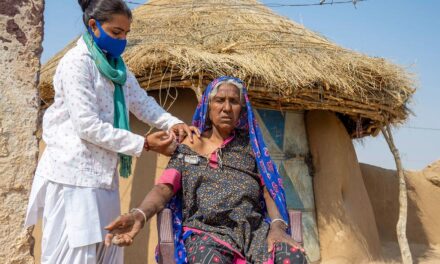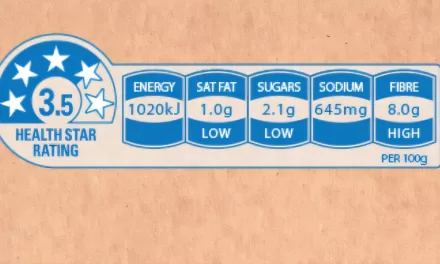December 21, 2024 – Switzerland
A comprehensive new review has brought attention to the growing issue of Chagas disease in Switzerland, a tropical illness traditionally associated with Latin America. The study, led by the Swiss Tropical and Public Health Institute (Swiss TPH) in collaboration with the World Health Organization (WHO) and other partners, estimates that between 2,000 and 4,000 people in Switzerland are affected by this neglected tropical disease. The findings, published in Swiss Medical Weekly, stress the urgent need for coordinated action to eliminate Chagas disease through improved screening, healthcare strategies, and better public awareness.
Chagas disease, caused by the parasite Trypanosoma cruzi, affects approximately 7 to 8 million people worldwide, most of whom live in Latin America. The parasite is transmitted by triatomine bugs, as well as through food, blood transfusions, organ donations, and from mother to child during pregnancy and childbirth. Although the triatomine bug is absent in Europe, Chagas disease continues to pose a significant health risk in non-endemic regions, including Switzerland.
The disease has two phases: the acute phase, where symptoms are mild or absent, and the chronic phase, which can lead to severe cardiovascular, digestive, and neurological problems decades after infection. Up to a third of those infected will eventually develop complications such as heart arrhythmias or sudden death. Chagas disease is categorized as a neglected tropical disease (NTD) by the WHO, meaning it often receives limited attention from healthcare systems despite its global impact.
A Growing Concern in Switzerland
The Swiss review highlights a troubling gap in the diagnosis and management of Chagas disease. According to the study, most cases in Switzerland are linked to migration, with a significant portion of individuals affected coming from Latin American countries where the disease is endemic. However, the disease can also be transmitted locally from mother to child, underscoring the need for vigilant healthcare practices in the country.
Pablo Martinez de Salazar, Senior Scientific Collaborator at Swiss TPH and lead author of the study, emphasized that “many cases remain undiagnosed or undetected for years, potentially resulting in severe complications if untreated.” Factors such as limited awareness among healthcare providers, the absence of nationwide screening programs, and challenges in accessing healthcare—especially for undocumented migrants—contribute to the underdiagnosis of the disease.
The Swiss Chagas Network: A Coordinated Approach
To address these challenges, Swiss TPH has established the Swiss Chagas Network, a collaborative initiative aimed at eliminating Chagas disease as a public health problem in Switzerland. The network focuses on interrupting transmission and improving clinical management for individuals living with the disease. Key measures include integrating screening into prenatal and pediatric care to facilitate early detection, preventing mother-to-child transmission, and addressing the needs of migrant communities.
Mar Velarde, a Scientific Collaborator at Swiss TPH and co-author of the study, stressed the importance of systematic screening, particularly for women of reproductive age, pregnant women, and children. “If appropriate measures are put in place, Switzerland will be well positioned to achieve the targets of the WHO road map for neglected tropical diseases by 2030 and could become a blueprint for other countries,” Velarde said. The WHO’s roadmap aims to prevent, control, eliminate, and eradicate various NTDs globally by 2030.
Collaboration and Expertise
The study was conducted with the support of multiple institutions, including WHO, Unisanté, the University of Lausanne, and several other academic and healthcare organizations. The R. Geigy Foundation also played a key role in coordinating the research.
Swiss TPH, with its long-standing expertise in neglected tropical diseases, has been at the forefront of efforts to tackle Chagas disease through research, drug discovery, epidemiology, and public health initiatives. This study adds to the institute’s commitment to the control and elimination of Chagas disease, both in Switzerland and globally.
As the number of cases continues to rise, the need for prompt action is clear. The establishment of the Swiss Chagas Network offers a model for other non-endemic countries to follow, helping to raise awareness and ensure that those affected by this tropical disease receive the care they need.
For further information, the full study is available in the latest edition of Swiss Medical Weekly.
Journal Reference: Vincent Chollet, Elise Rapp, Mar Velarde-Rodriguez, Marina Gold, Pascal Mäser, Jan Fehr, Nora Monnier, Yves Jackson, Pedro Albajar-Viñas, Pablo M. De Salazar. “Chagas disease in Switzerland: current situation, challenges and opportunities.” Swiss Medical Weekly, 2024; 154 (12): 3719 DOI: 10.57187/s.3719












